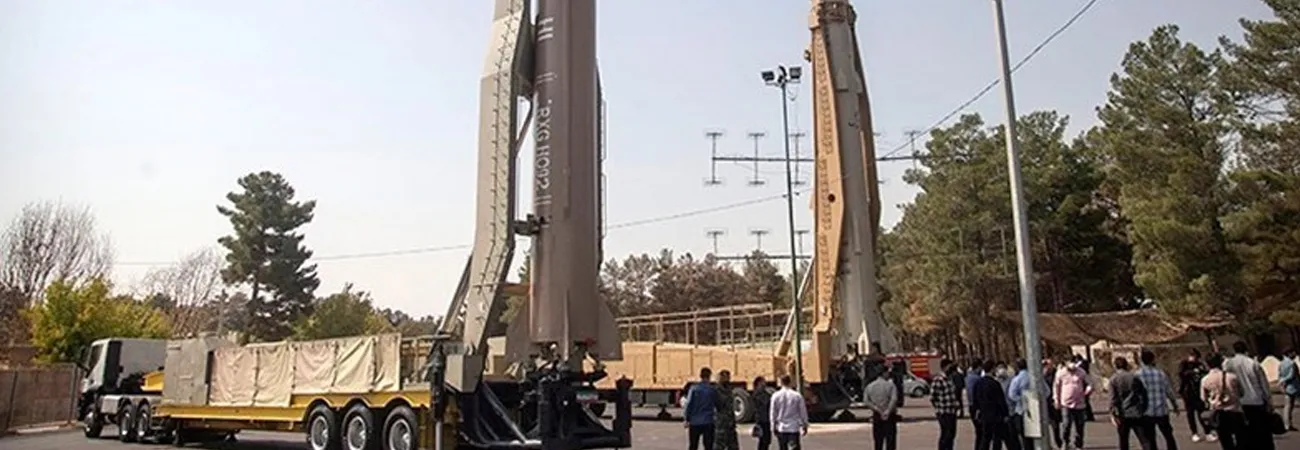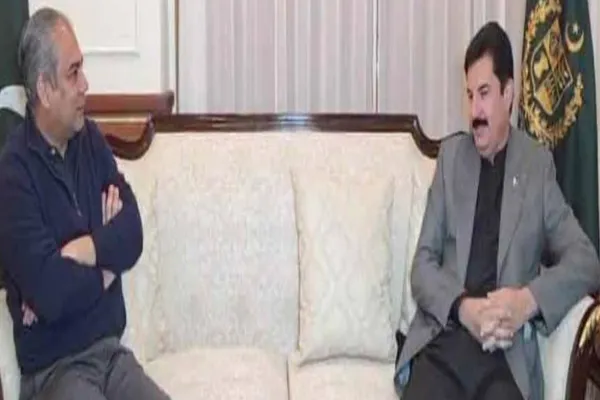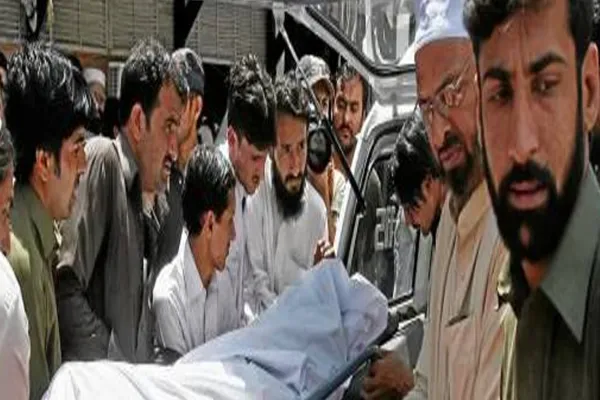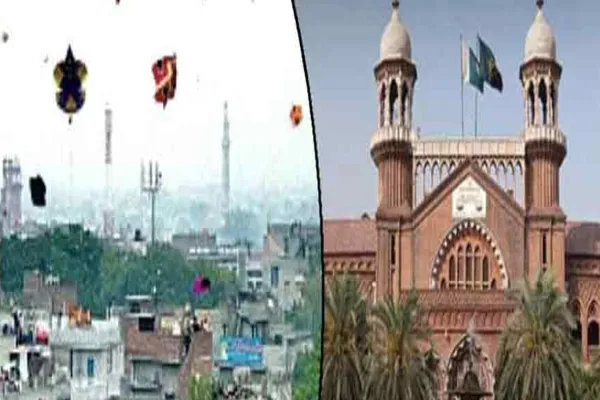i NEWS PAKISTAN
The Islamic Revolution Guards Corps gave details of the latest round of its retaliatory attacks against the Israeli regime, saying the massive destruction caused by the precision strikes illustrates an upward trend in the offensive power of Iran’s ballistic missiles. In a statement, the IRGC said it has launched the 17th wave of attacks as part of the Operation True Promise 3.
It said the missiles fired in the most recent round of strikes have zeroed in on a broad range of targets across the occupied Palestinian territories, including the Zionist regime’s military sites, defence industries, command and control centres, the companies providing logistics for the Israeli military operations, and the Nevatim and Hatzerim airbases.
The IRGC said those targets have been in the list of “axis of evil” against the oppressed people of Gaza, Lebanon and Yemen since the beginning of the Al-Aqsa Storm Operation in October 2023 and were also employed during the war imposed on the Islamic Republic of Iran. The huge blasts and the precision strikes in Tel Aviv, Haifa and Be'er Sheva indicate an upward trend in the offensive power of Iran’s ballistic missiles until full punishment of the criminal Zionist regime, the IRGC said.
The IRGC finally stated that the Iranian people’s epic presence in the ‘wrath and victory’ demonstrations on Friday, the heartening supports from the Iranian expatriates, and the backing expressed by the free nations and the resistance groups have strengthened the Armed Forces’ resolve in the battle against the Israeli aggressors.
Israel claimed on Saturday it has already set back Iran's presumed nuclear programme by at least two years, a day after US President Donald Trump warned that Tehran has a "maximum" of two weeks to avoid possible American air strikes. Trump has been mulling whether to involve the United States in Israel's bombing campaign, indicating in his latest comments that he could take a decision before the two-week deadline he set this week.
Israel said Saturday its air force had launched fresh airstrikes against missile storage and launch sites in central Iran, as it kept up a wave of attacks it says are aimed at preventing their rival from developing nuclear weapons -- an ambition Tehran has denied. "According to the assessment we hear, we already delayed for at least two or three years the possibility for them to have a nuclear bomb," Israel's foreign minister Gideon Saar said in an interview published Saturday.
Saar said Israel's week-long onslaught will continue. "We will do everything that we can do there in order to remove this threat," he told German newspaper Bild. Top diplomats from Britain, France and Germany met their Iranian counterpart Abbas Araghchi in Geneva on Friday and urged him to resume talks with the United States that had been derailed by Israel's attacks. French Foreign Minister Jean-Noel Barrot said "we invited the Iranian minister to consider negotiations with all sides, including the United States, without awaiting the cessation of strikes, which we also hope for."
But Araghchi told NBC News after the meeting that "we're not prepared to negotiate with them (the United States) anymore, as long as the aggression continues." Trump was dismissive of European diplomacy efforts, telling reporters, "Iran doesn't want to speak to Europe. They want to speak to us. Europe is not going to be able to help in this." Trump also said he's unlikely to ask Israel to stop its attacks to get Iran back to the table. "If somebody's winning, it's a little bit harder to do," he said.
Any US involvement would likely feature powerful bunker-busting bombs that no other country possesses to destroy an underground uranium enrichment facility in Fordo. On the streets of Tehran, many shops were closed and normally busting markets largely abandoned on Friday.A US-based NGO, the Human Rights Activists News Agency, said on Friday based on its sources and media reports that at least 657 people have been killed in Iran, including 263 civilians.
Iran has not updated its tolls since Sunday, when it said that Israeli strikes had killed at least 224 people, including military commanders, nuclear scientists and civilians. Since Israel launched its offensive on June 13, targeting nuclear and military sites but also hitting residential areas, Iran has responded with barrages which Israeli authorities say have killed at least 25 people. A hospital in the Israeli port of Haifa reported 19 wounded, including one person in a serious condition, after the latest Iranian salvo. Israel's National Public Diplomacy Directorate said more than 450 missiles have been fired at the country so far, along with about 400 drones.
Credit: Independent News Pakistan (INP)









